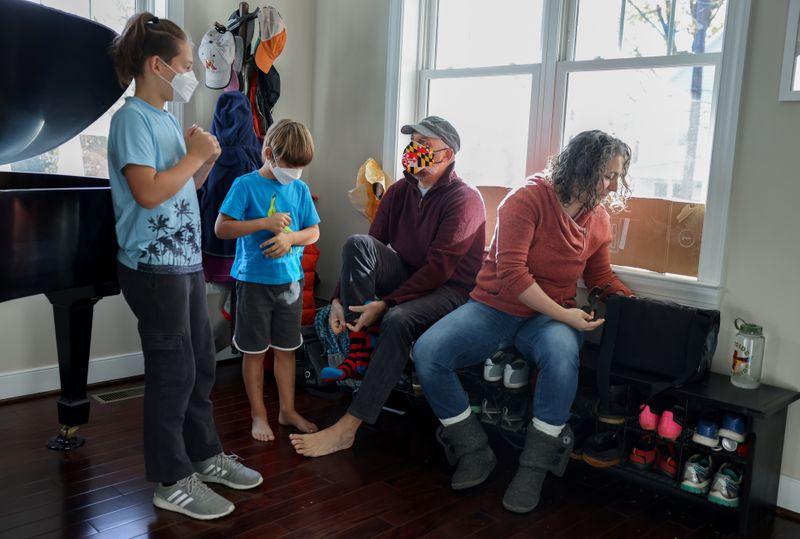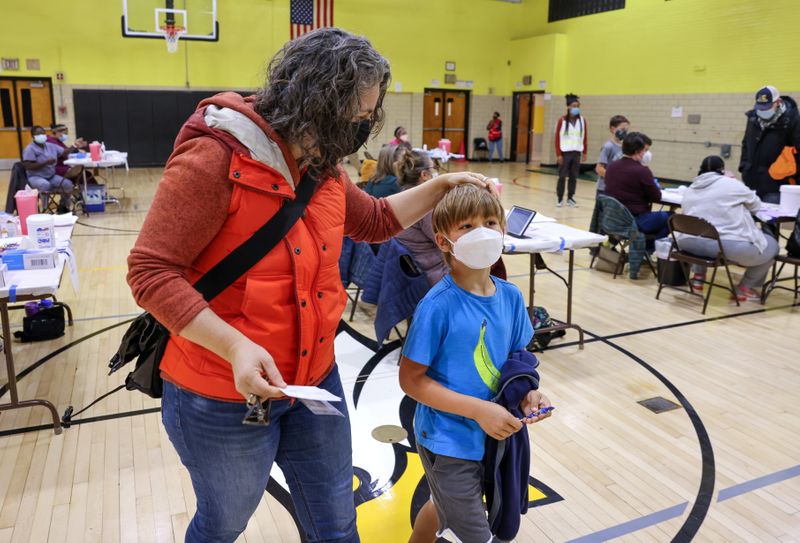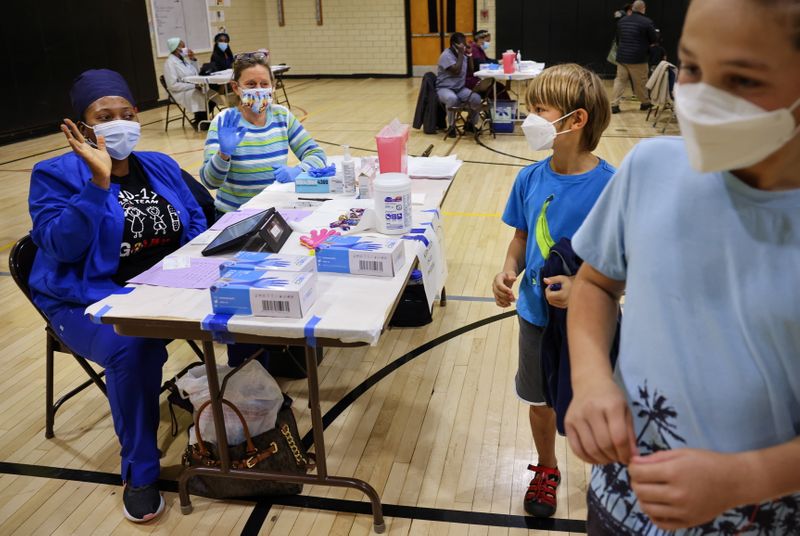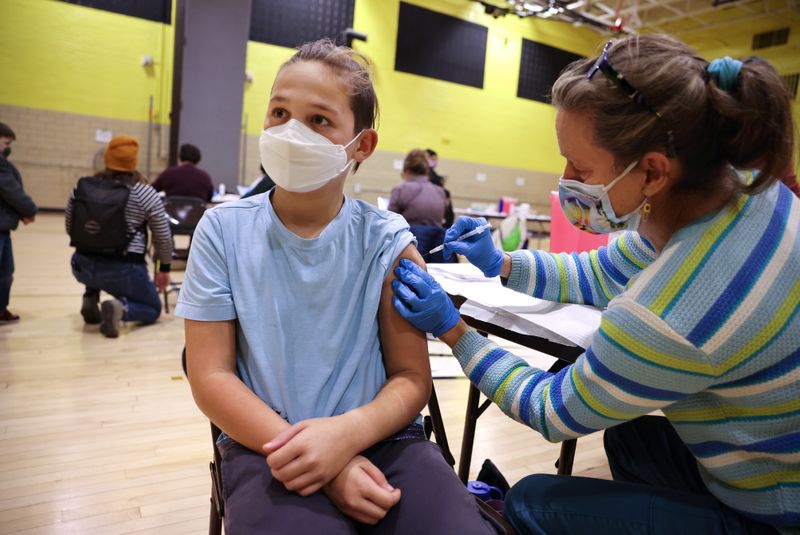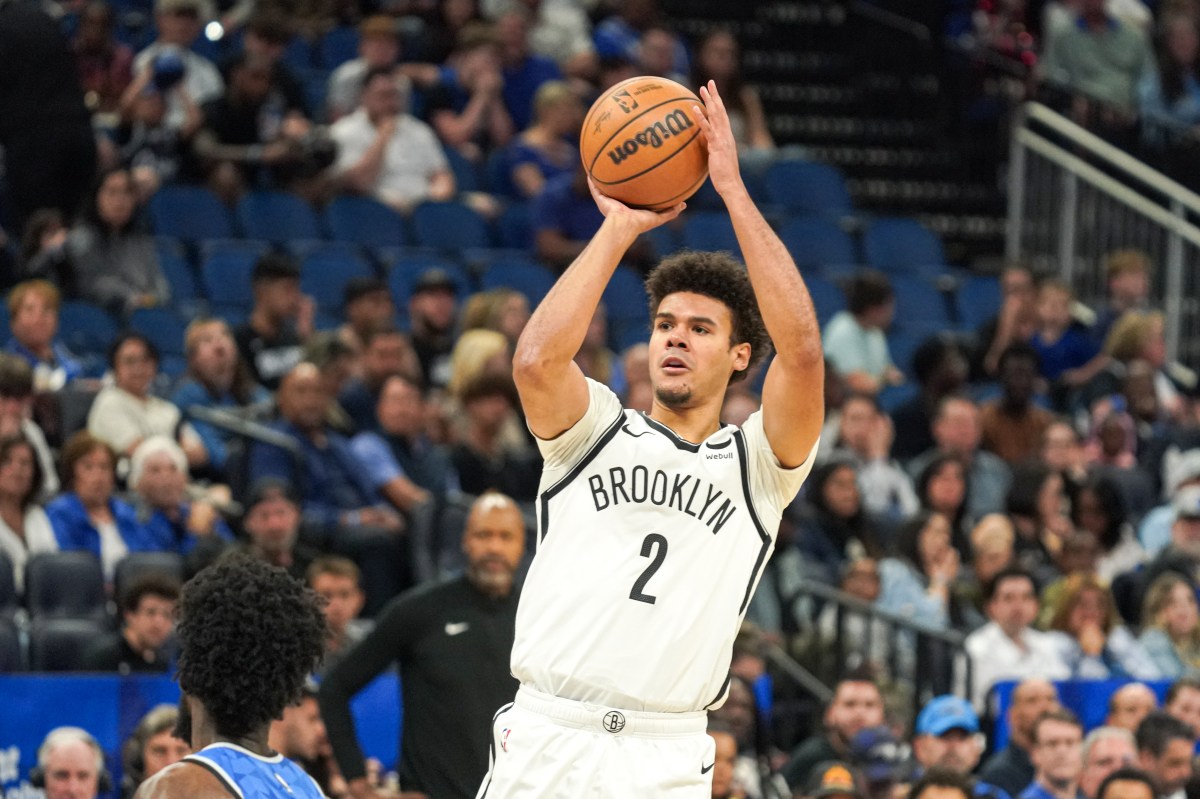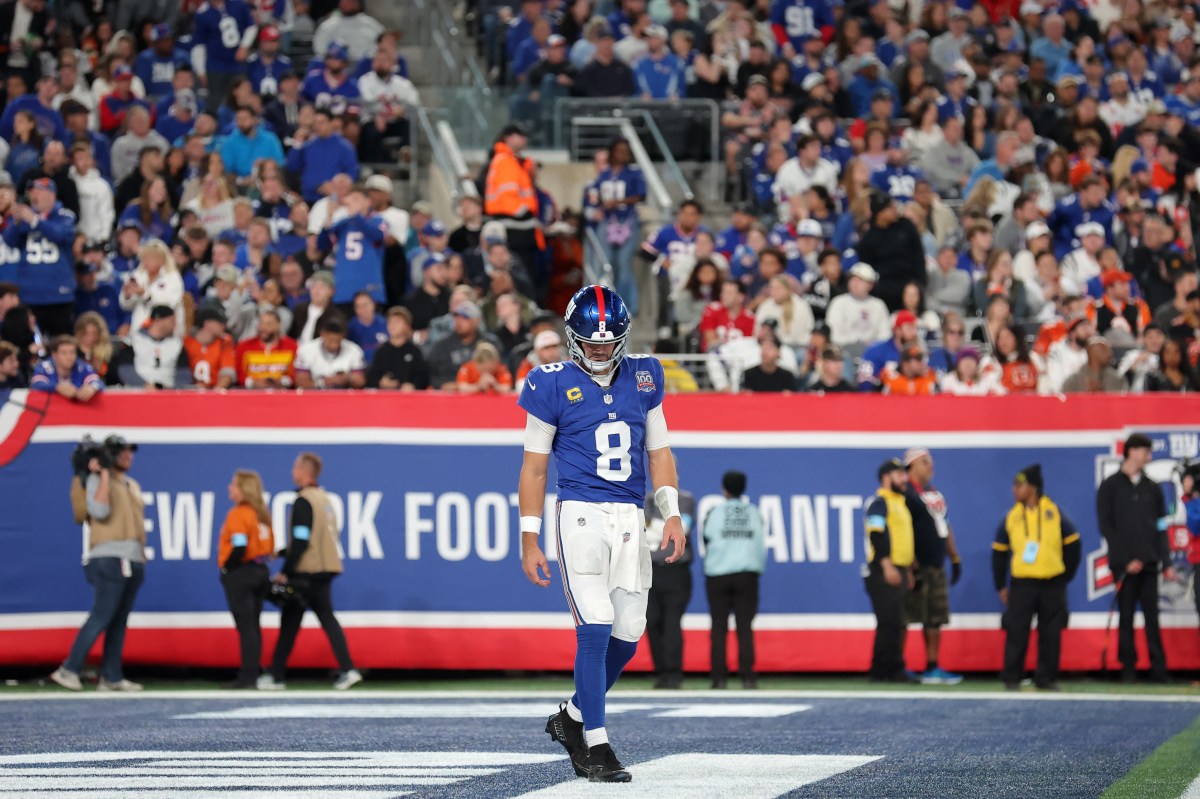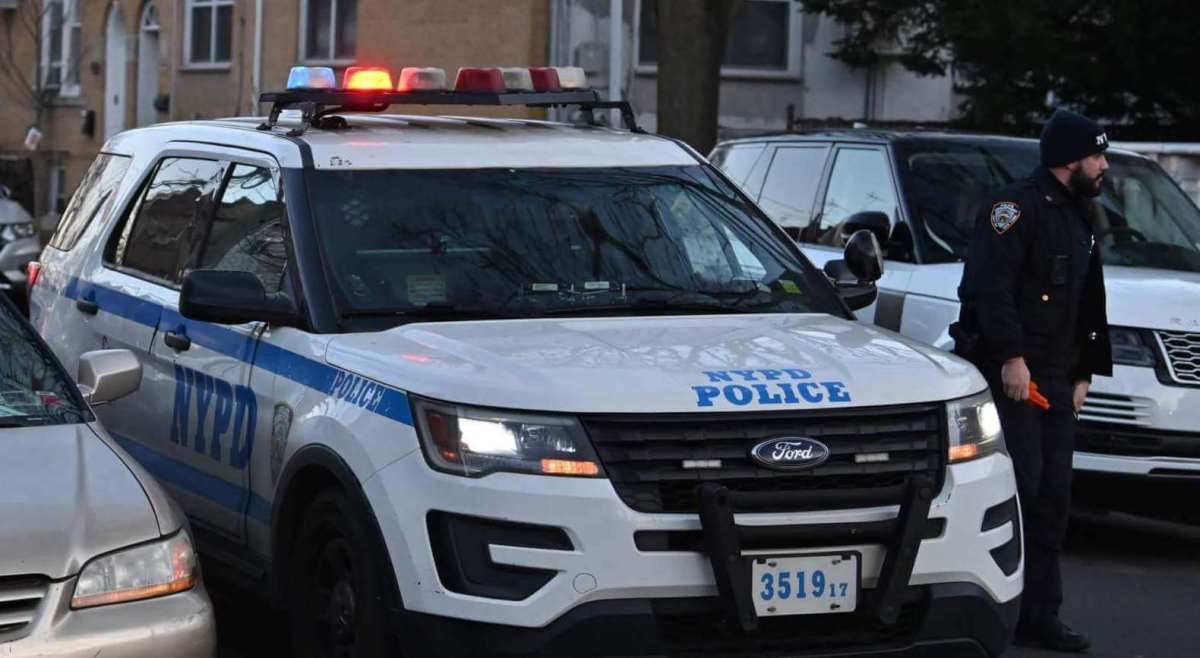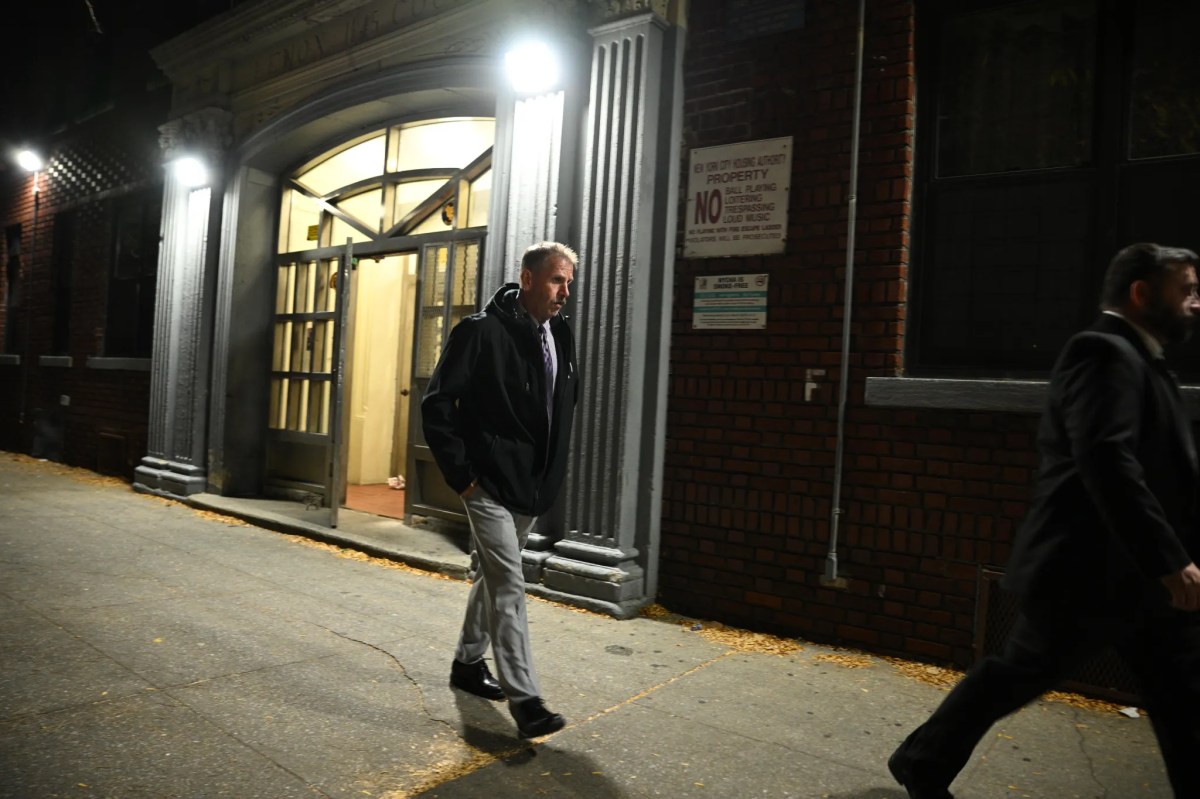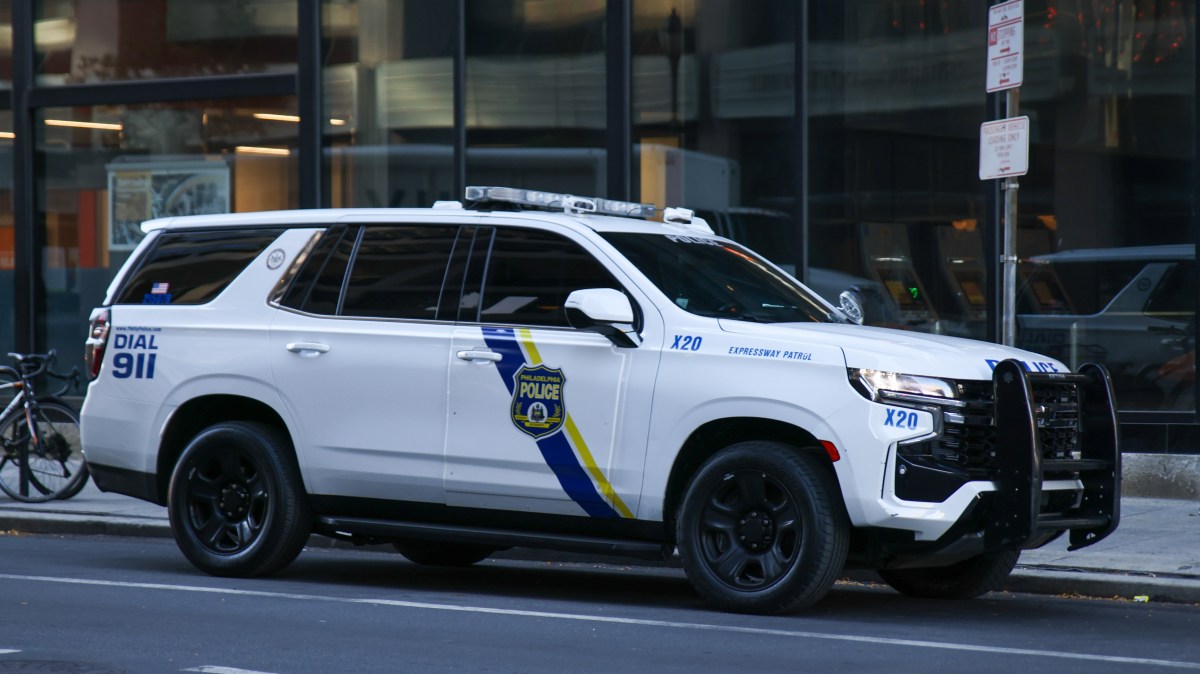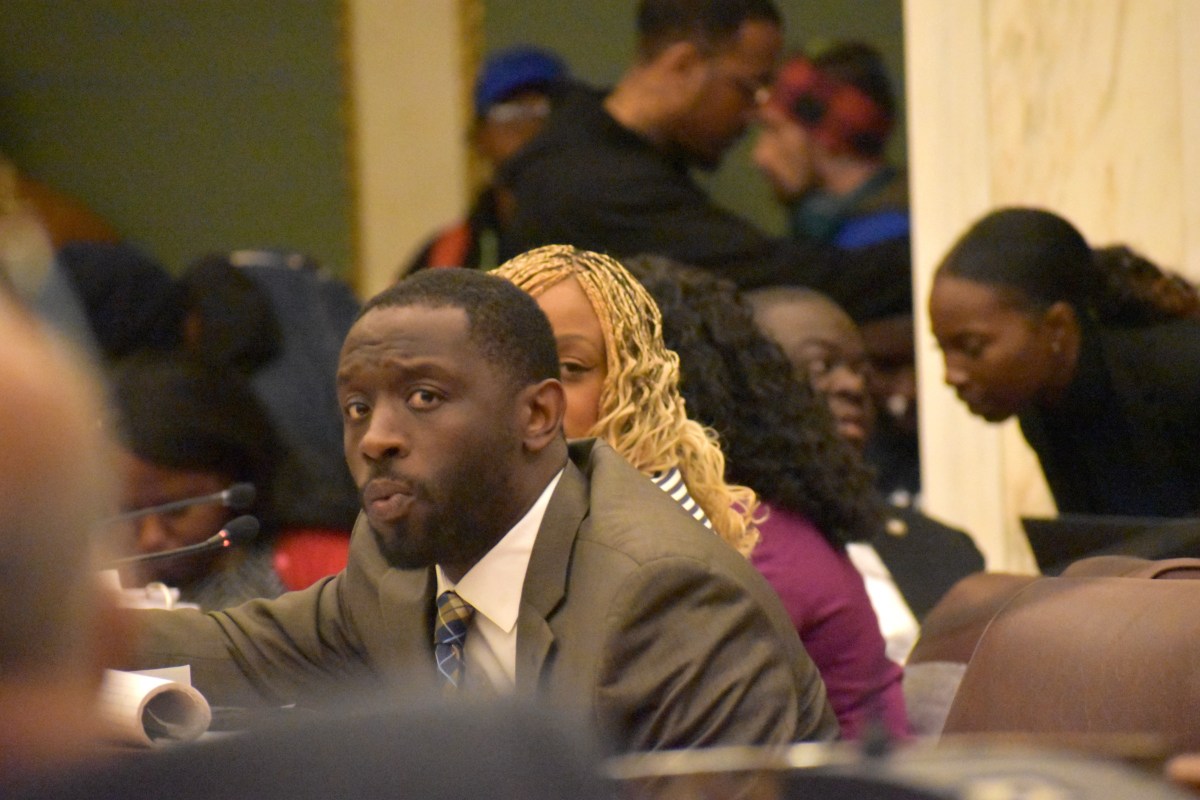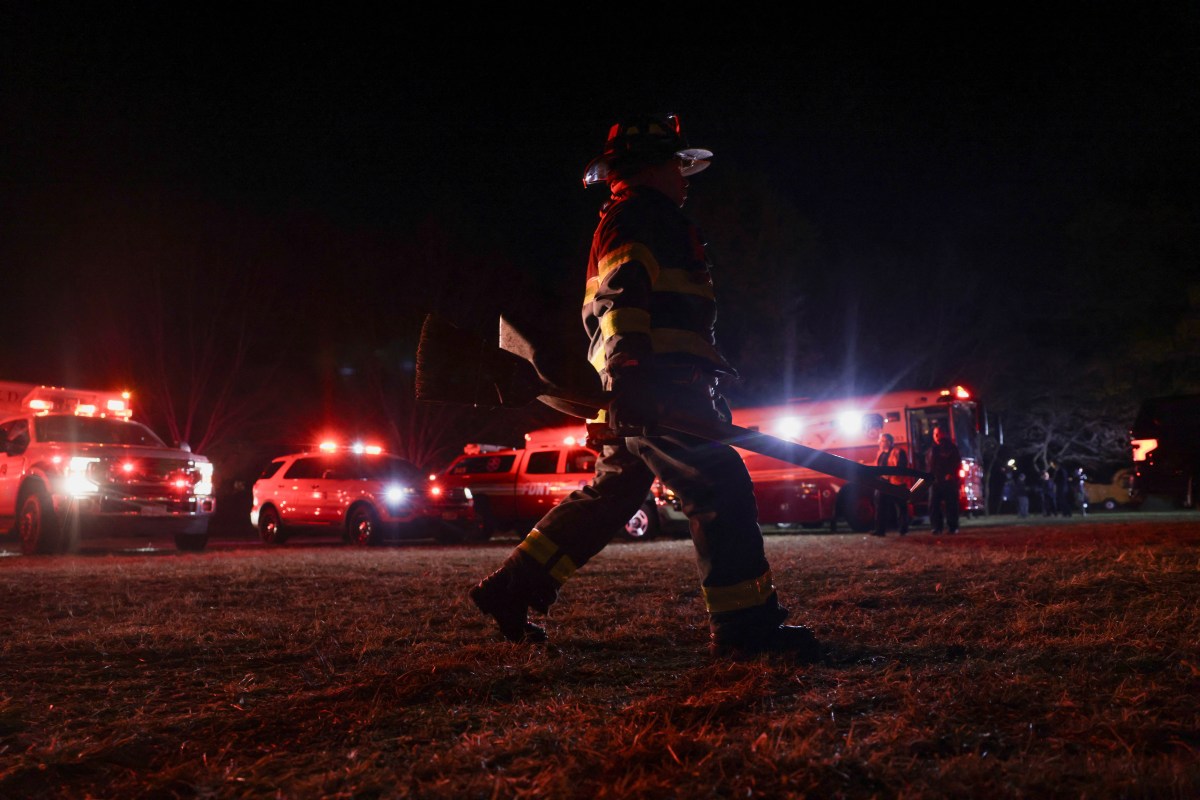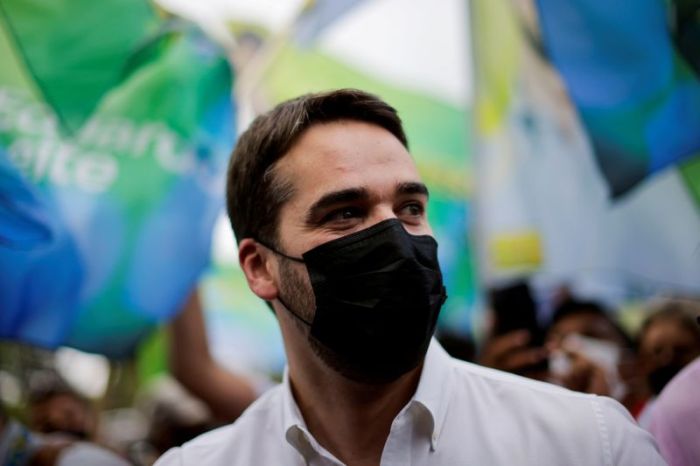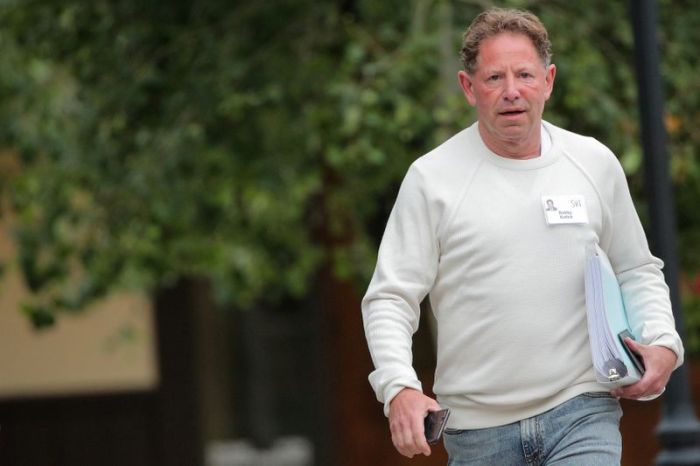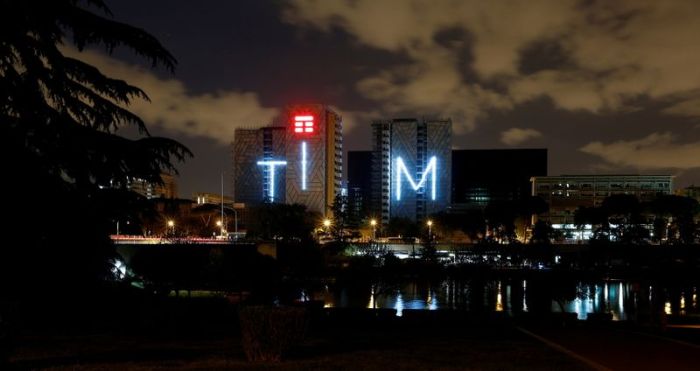(Reuters) – Tanya Primiani will host 12 people around a long Thanksgiving table in her Silver Spring, Maryland home on Thursday, a boisterous scene she looks forward to welcoming after the COVID-19 pandemic limited the size of last year’s gathering.
Her parents are coming from Montreal, driving across the recently reopened U.S.-Canada border. Her sons, ages 7 and 10, have gotten their first round of COVID-19 vaccinations, and all the other guests are fully vaccinated against the virus.
“I love the craziness of cooking for a bunch of people and having all the hustle and bustle around the table and everything that goes along with that,” said Primiani, whose holiday menu will include cornbread stuffing and butternut squash soup. “There will be so much gratitude this year.”
Many American families are excited to bring multiple generations together again for Thanksgiving, Hanukkah and Christmas now that widely available COVID-19 vaccines have reduced the worry and risk that curtailed last year’s festivities.
Approximately 59% of the U.S. population is fully vaccinated against the deadly virus. Children ages 5 to 11 were approved for the vaccine earlier this month, and as of last week 2.6 million kids – or nearly 10% of those eligible – had gotten their first of two shots, White House coronavirus coordinator Jeff Zients said.
Even so, the return to pre-pandemic traditions is proving complicated for some whose loved ones are choosing not to get vaccinated or do not consider COVID-19 to be a serious health threat.
Connie Perkins, her husband and their three children are skipping their usual Thanksgiving meal with relatives and taking a week-long road trip to campgrounds far from their home in Galveston County, Texas, to avoid any confrontation over vaccination status.
Everyone on her husband’s side of the family is vaccinated against COVID-19, Perkins said, but none of her five-member family is because they do not believe the shots are safe.
The Centers for Disease Control and Prevention says the vaccines are safe and continue to get intensive monitoring.
“We’re not going to present the opportunity for that to even come up and make anyone uncomfortable,” Perkins said.
Public health officials say families can gather safely indoors if all members are vaccinated. However, with COVID-19 cases still high in some places and young children either not yet eligible for the shots or fully vaccinated, they suggest precautions such as celebrating outdoors and getting rapid tests to rule out sickness ahead of the gatherings.
Children ages 4 and younger who cannot get vaccinated yet are best protected if they are surrounded by vaccinated people, top U.S. infectious disease official Dr. Anthony Fauci has said.
Joseph Kyle, a public school history teacher, said he’s requiring his vaccinated extended family members to take COVID-19 tests before attending the Thanksgiving meal at his home in Maplewood, New Jersey, because his 10-year-old daughter Penelope doesn’t get her second shot until the next day.
“To be extra cautious, we will insist that everyone be tested in advance of the holiday dinner,” Kyle said.
Penelope said she is excited to once again listen to the sometimes heated political discussions over meals with her relatives, calling last year’s Thanksgiving with just her four-person family “boring.”
“It’s more fun, more happy when there’s more people there,” she said.
In neighboring South Orange, New Jersey, Robin Cutlip said she would attend a large family Thanksgiving gathering known for its sumptuous feast and board games even though her 10-year-old daughter has only gotten one shot so far and two nieces, ages 12 and 7, are not vaccinated.
In her view, if American life is ever to return to “normal,” families shouldn’t exclude anyone from their holiday traditions over whether they are vaccinated or not.
“I’m of the mindset that this is here to stay,” Cutlip said. “We have to not be reckless, but we also have to get back to living our lives. There are always going to be people who aren’t going to get vaxxed.”
(Reporting by Barbara Goldberg in New York; additional reporting by Evelyn Hockstein in Washington, D.C.; Editing by Colleen Jenkins and Diane Craft)

